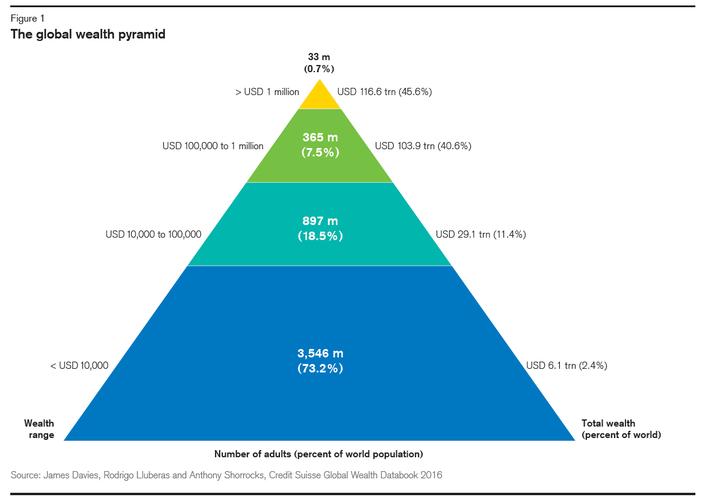```html
Understanding Wealth Distribution in the Blockchain Industry
Blockchain technology has revolutionized various industries, from finance to supply chain management, offering decentralized solutions and disrupting traditional systems. As the blockchain ecosystem evolves, it's essential to analyze the distribution of wealth within this space.
Unlike traditional financial systems where wealth distribution is often centralized among a few entities, blockchain aims for decentralization. However, this doesn't necessarily translate to equal wealth distribution. Various factors influence wealth distribution in the blockchain industry:
- Early Adopters: Individuals or entities who entered the blockchain space in its early stages often hold significant amounts of wealth due to early investments or mining.
- Investment Strategies: Those who invested heavily in cryptocurrencies or blockchain projects during their infancy stages may have experienced exponential growth in their wealth.
- Project Founders and Teams: Founders and core teams of successful blockchain projects often hold a substantial portion of the project's native tokens or coins.
- Market Dynamics: Market fluctuations, trading activities, and speculative behaviors can impact wealth distribution within the blockchain space.
Unequal wealth distribution within the blockchain industry poses several challenges and implications:
- Centralization Risks: Concentration of wealth in the hands of a few entities can lead to centralization risks, contradicting the decentralized ethos of blockchain.
- Barriers to Entry: High concentration of wealth may create barriers to entry for new participants, limiting the inclusivity of the blockchain ecosystem.
- Market Volatility: Wealth concentration can contribute to market volatility, as large holders have the potential to influence prices through their actions.
- Social Impact: Unequal wealth distribution may exacerbate social inequalities, especially if certain demographics are disproportionately represented among blockchain wealth holders.
Addressing wealth inequality in the blockchain industry requires collaborative efforts from various stakeholders:
- Regulatory Frameworks: Regulators can implement policies to ensure fair wealth distribution and prevent monopolistic practices within the blockchain space.
- Community Initiatives: Blockchain communities can promote initiatives such as fair token distribution mechanisms and communitydriven governance to foster a more equitable ecosystem.
- Educational Programs: Educating users about responsible investment practices and the importance of decentralization can empower individuals to make informed decisions and contribute to a more balanced wealth distribution.
- Technology Innovation: Continued innovation in blockchain technology, such as the development of decentralized finance (DeFi) platforms, can provide more inclusive financial services and opportunities for wealth creation.
Wealth distribution in the blockchain industry reflects a complex interplay of factors, including early adoption, investment strategies, and market dynamics. While blockchain offers the potential for decentralized wealth distribution, challenges such as centralization risks and social impact must be addressed. Through collaborative efforts and innovative solutions, stakeholders can work towards a more equitable and inclusive blockchain ecosystem.


